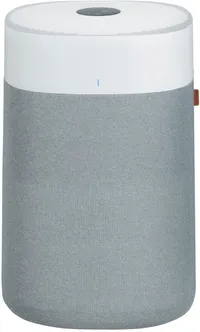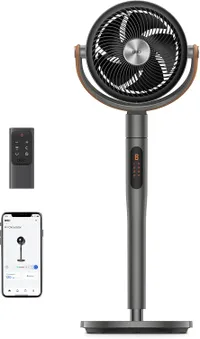3 surprising reasons you should never run your cooling fan all night
Expert reveals why you should never run your fan all night
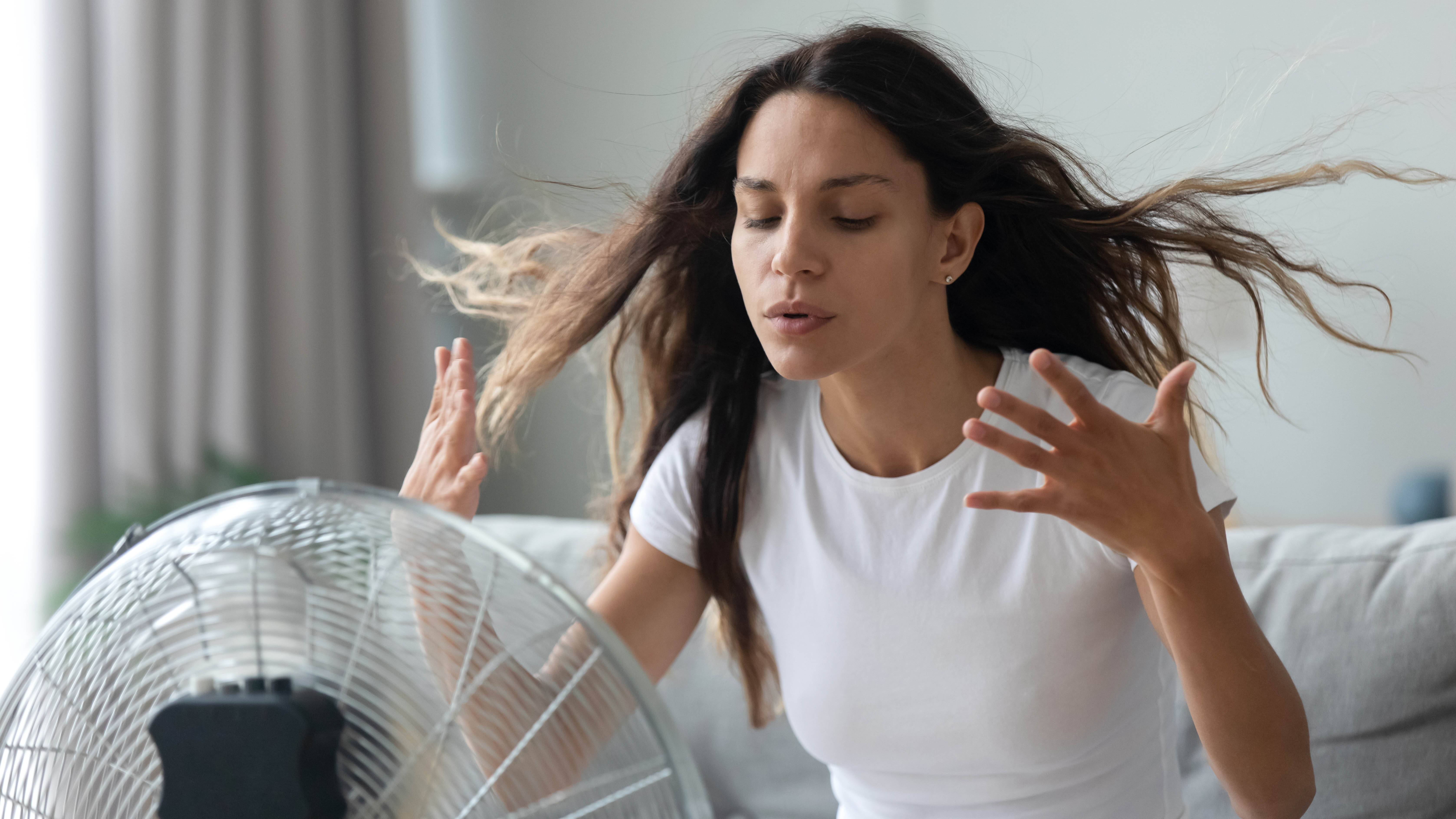
Here at Tom’s Guide our expert editors are committed to bringing you the best news, reviews and guides to help you stay informed and ahead of the curve!
You are now subscribed
Your newsletter sign-up was successful
Want to add more newsletters?

Daily (Mon-Sun)
Tom's Guide Daily
Sign up to get the latest updates on all of your favorite content! From cutting-edge tech news and the hottest streaming buzz to unbeatable deals on the best products and in-depth reviews, we’ve got you covered.

Weekly on Thursday
Tom's AI Guide
Be AI savvy with your weekly newsletter summing up all the biggest AI news you need to know. Plus, analysis from our AI editor and tips on how to use the latest AI tools!

Weekly on Friday
Tom's iGuide
Unlock the vast world of Apple news straight to your inbox. With coverage on everything from exciting product launches to essential software updates, this is your go-to source for the latest updates on all the best Apple content.

Weekly on Monday
Tom's Streaming Guide
Our weekly newsletter is expertly crafted to immerse you in the world of streaming. Stay updated on the latest releases and our top recommendations across your favorite streaming platforms.
Join the club
Get full access to premium articles, exclusive features and a growing list of member rewards.
As temperatures soar this summer, it can often be uncomfortable to get a good night’s sleep.
If you don’t have one of the best air conditioners, a cooling fan is a great, cost-effective solution for keeping you cool and comfortable. But unfortunately, opting for a cooling fan has its drawbacks. According to experts, you should avoid sleeping with your fan running all night, even in a heatwave.
So before you go to bed, here are a few expert reasons you should never run your fan all night
1. It can worsen allergies
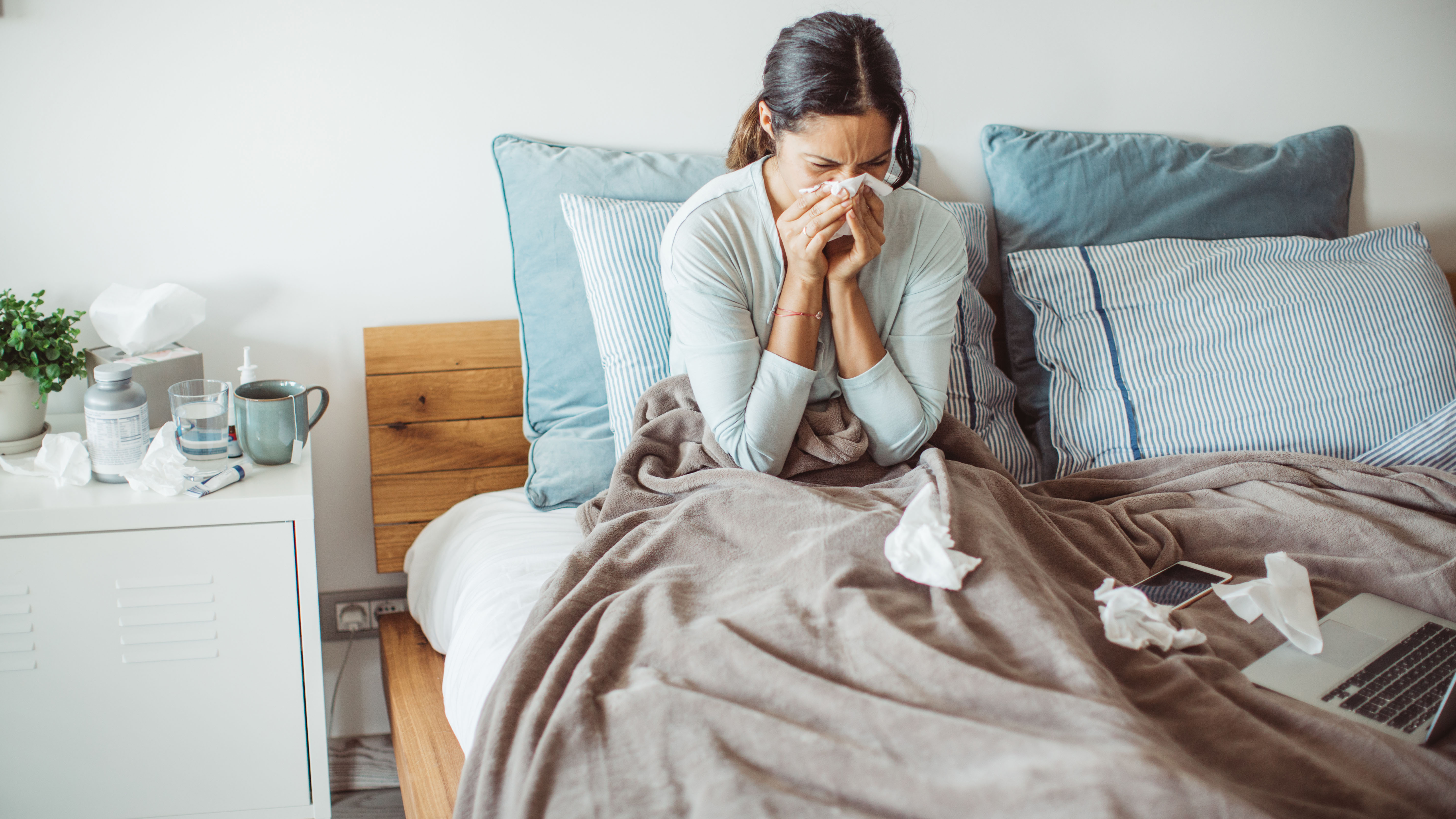
Summer can bring on seasonal allergies, and those who suffer from hay fever will know the perils of waking up to sneezing fits, congestion and other symptoms made worse by tiny pollen particles making their way into our homes.
And if you sleep with your cooling fan on all night, this could well be the culprit.
“Fans don’t just move air, they also circulate dust, pollen, and other allergens that have settled on your furniture and fan blades,” says Martin Seeley, CEO and sleep expert at MattressNextDay.
“If you suffer from allergies or asthma, this can make your symptoms much worse overnight, leading to sneezing, coughing, and congestion by morning.”
Get instant access to breaking news, the hottest reviews, great deals and helpful tips.
That’s why it’s so important to keep on top of your cleaning tips to reduce pollen in your home, like using one of the best vacuum cleaners.
If you suffer badly from hay fever or dust allergies however, you might want to invest in one of the best air purifiers for cleaner air.
Alternatively, you can find out what happened when I tried these 3 expert-approved tips to reduce hay fever symptoms.
The Blueair Blue Pure 211i Max is ideal for large rooms, and the top performer in the brand's line. This model provides a high CADR in terms of dust, smoke and pollen, and the design offers plenty of settings, including an auto mode, a night mode, as well as three fan speeds. It’s a brilliant option if you’re trying to purify a large space, and it’s seamless to operate as well.
2. It can cause a stiff neck or sore muscles
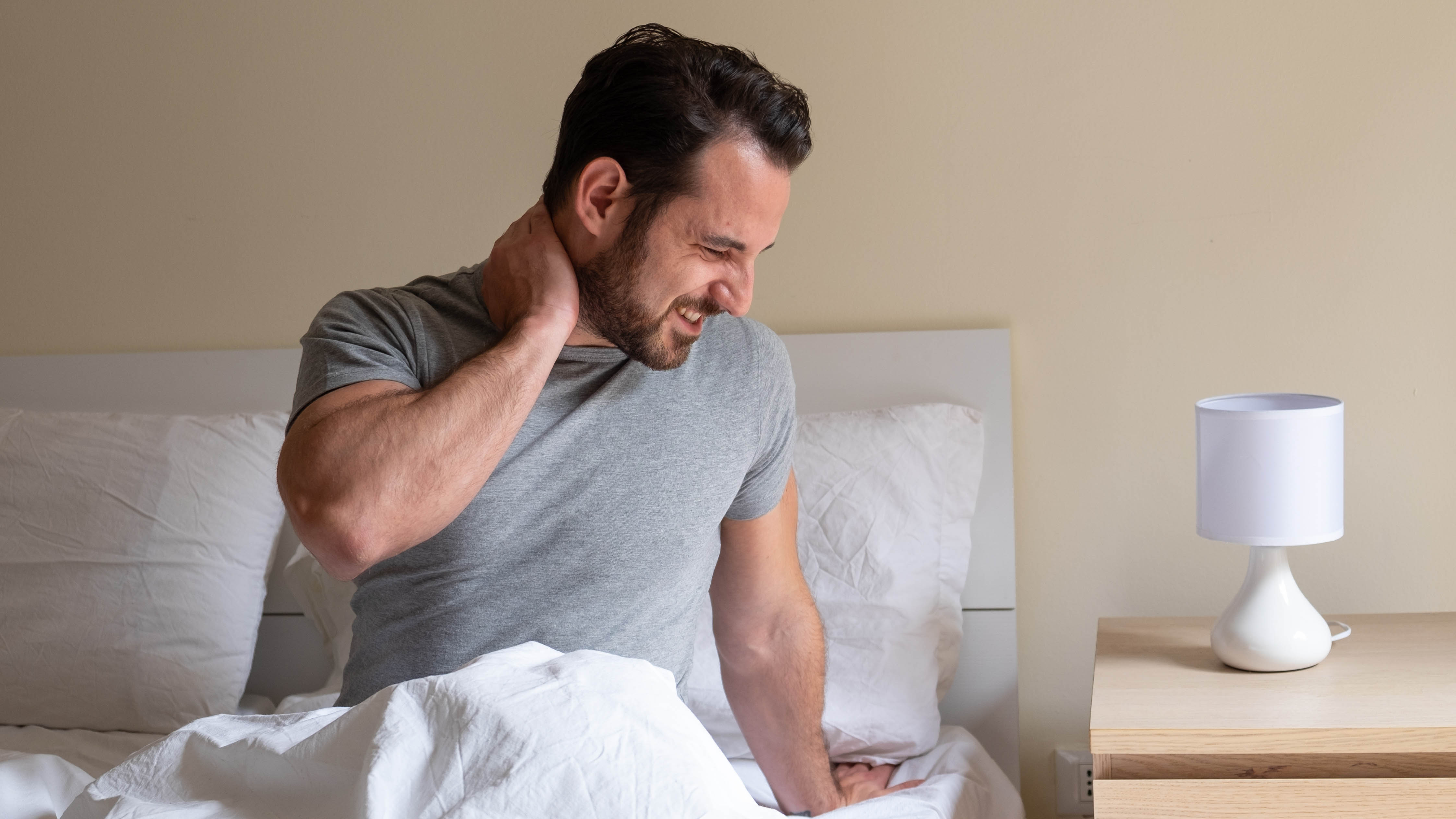
Have you ever woken up with a stiff neck? Your fan could be the cause of your sore muscles, especially if it’s aimed directly at your body.
“Fans blowing directly on your body can cool muscles excessively, causing stiffness or cramps, particularly in your neck and shoulders,” warns Seeley. “This can leave you waking up feeling achy and tense.”
In addition, pointing your cool fan directly on your skin all night could cause eye and skin dryness as well as migraines.
“Constant airflow from a fan can dry out your skin, eyes, and nasal passages,” Seeley adds. “This dryness can cause irritation, sore throats, and even trigger your body to produce excess mucus, making you feel more congested and uncomfortable.”
If you must sleep with a fan on, be sure to oscillate it to distribute cool air around the room, rather than directly on your body. What’s more, you could set a timer on your fan so that it doesn’t run all night if necessary.
This versatile smart fan offers multiple speed settings and wind types, powerful yet quiet airflow, and wide-ranging oscillation for comprehensive room coverage. With smart features like app control and voice commands, it adapts to various needs while maintaining energy efficiency. Its adjustable height and easy-clean design make it a practical choice for any room.
3. You might risk overcooling your body

Yes, there is a thing of being too cool at night, and this isn’t always a good thing for your sleep quality.
“Your body naturally lowers its temperature to initiate sleep, but excessive cooling from a fan can interfere with this process,” says Seeley. “This disruption can cause fragmented sleep and reduce the amount of deep, restorative rest you get.”
“Let’s be clear: there’s nothing wrong with using an electrical fan to cool down your room as long as you only use it for a short period of time. I’d, therefore, recommend that you turn your fan on 30 minutes before you plan on going to sleep, and then once it’s time to go to bed, set it on a timer for a further 60 minutes. This will help you cool down enough to go to sleep, without exposing yourself to the risks of all-night airflow.”
Another handy tip is to shower before bed to help you fall asleep fast during allergy season. This is because when you spend time outside, pollen in the air will settle on your skin and hair. So if you go to sleep without washing it off, those same allergens will transfer to your bed sheets and mattress.
Plus, your curtains could be hiding allergens and even pests, so ensure you do a deep clean in your bedroom.
More from Tom's Guide
- 7 pro tips for cooling with fans
- How to make your own air conditioner in 3 easy steps
- 5 ways to prepare your AC for a heatwave

As the Homes Content Editor, Cynthia Lawrence covers all things homes, interior decorating, and garden-related. She has a wealth of editorial experience testing the latest, ‘must-have’ home appliances, writing buying guides and the handy ‘how to’ features.
Her work has been published in various titles including, T3, Top Ten Reviews, Ideal Home, Real Homes, Livingetc. and House Beautiful, amongst many.
With a rather unhealthy obsession for all things homes and interiors, she also has an interior design blog for style inspiration and savvy storage solutions (get rid of that clutter!). When she’s not testing cool products, she’ll be searching online for more decor ideas to spruce up her family home or looking for a great bargain!
You must confirm your public display name before commenting
Please logout and then login again, you will then be prompted to enter your display name.
 Club Benefits
Club Benefits










